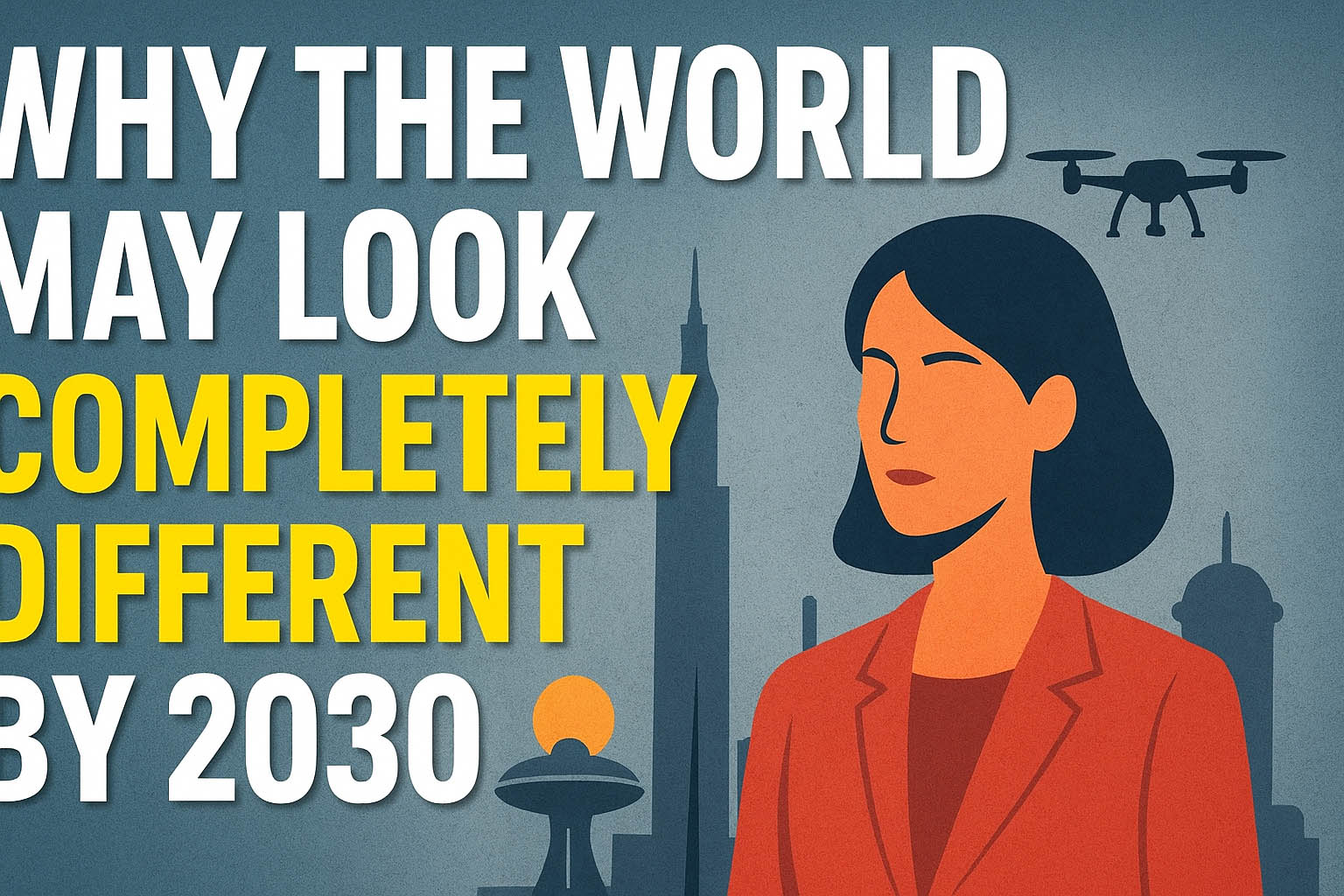In today’s hyper-connected world, smartphones are no longer just tools for calling, texting, or browsing the internet. They have become an extension of our lives — tracking our movements, recording our habits, and even predicting what we might do next. While many people see smartphones as indispensable, few truly understand just how much personal data these devices silently collect. The reality is both fascinating and alarming.
Your Location: Always Being Tracked
Even when you are not actively using GPS, your smartphone knows where you are. Apps like Google Maps, ride-hailing services, and even weather apps often track your location in the background. This data is stored and analyzed to build a detailed map of your movements. Companies can tell where you live, where you work, and even your daily routines.
For example, if you visit a coffee shop every morning at 8 a.m., your phone knows this pattern. Advertisers can use this data to send you targeted promotions. While it may feel convenient, it also raises privacy concerns — because your physical movements should ideally remain private.
Your Conversations and Voice Data
Have you ever talked about a product and then seen an ad for it on your phone? Many users suspect that smartphones “listen” to conversations through microphones. While companies like Apple and Google deny constant listening, they do admit that voice assistants (like Siri, Alexa, or Google Assistant) capture and analyze audio once activated.
This means snippets of your conversations may be recorded, stored, and used to improve “services.” But the fine line between improvement and surveillance is often blurred, leaving users uneasy.
Your Search and Browsing History
Every search you make — from medical questions to shopping queries — becomes part of your digital fingerprint. Companies like Google store this data indefinitely. By analyzing your search history, your smartphone can create a psychological profile: your interests, fears, goals, and even potential health issues.
For instance, if you frequently search for gym memberships, your phone might classify you as health-conscious. If you look up luxury cars, advertisers may label you as a potential high-spender.
Your Contacts and Social Connections
Your smartphone doesn’t just know about you — it also knows about the people around you. Access to your contact list, call logs, and social media connections allows apps to map out your entire social circle. Even if your friends never agreed to share their details, your phone may have uploaded them through apps like WhatsApp, Facebook, or LinkedIn.
This information helps companies understand not only your preferences but also the influence of your network. It’s no wonder why social media platforms are so effective at suggesting “friends” or contacts you haven’t seen in years.
Your Habits and Routines
Through sensors and algorithms, smartphones can track how often you unlock your screen, what time you usually sleep, and how much time you spend on different apps. Some phones even monitor your steps, heart rate, and overall health data.
This data is valuable for tech companies because it allows them to predict your behavior. Imagine your phone knowing when you’re likely to get hungry, bored, or stressed — and then pushing ads or notifications at the perfect time.
Your Purchases and Financial Information
Online shopping apps, mobile banking, and payment services store sensitive financial details. Even if you think your data is safe, every transaction leaves a digital footprint. Your smartphone essentially acts as a personal financial diary, recording what you buy, how much you spend, and even when you’re most likely to shop.
Why This Matters
The amount of personal information stored in your smartphone is staggering. It knows more about you than most of your family and friends. While this data can make life easier — by offering navigation, recommendations, or reminders — it also exposes you to serious risks, including:
- Privacy breaches if companies misuse or leak your data.
- Identity theft if hackers gain access to your personal information.
- Manipulation through hyper-targeted advertising that influences your decisions.
Protecting Yourself
Although complete privacy is nearly impossible in the digital era, you can take steps to protect yourself:
- Limit app permissions — Only allow apps to access what they truly need.
- Turn off location tracking when not required.
- Use encrypted messaging apps like Signal.
- Regularly clear browsing history and cookies.
- Avoid oversharing on social media.
By being mindful, you can regain some control over your personal data.



